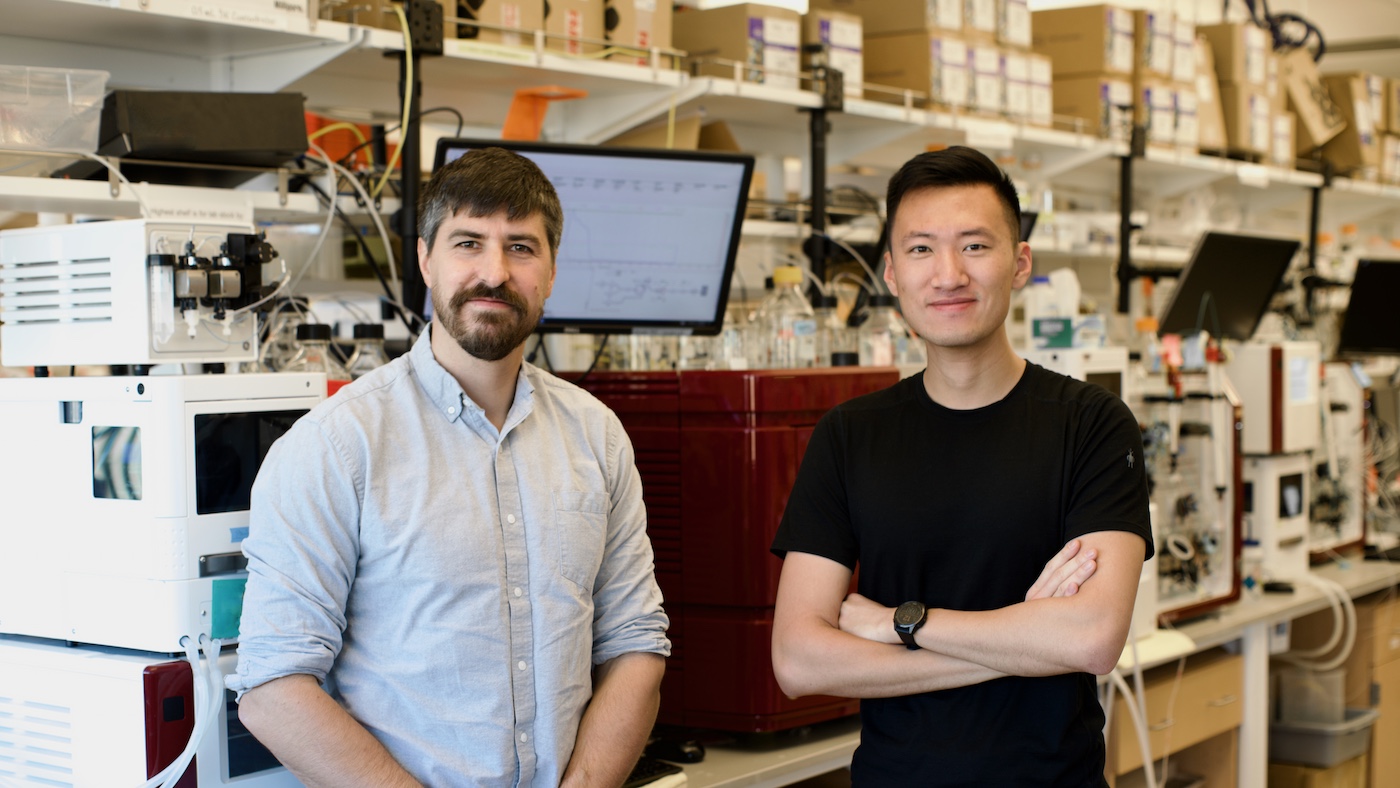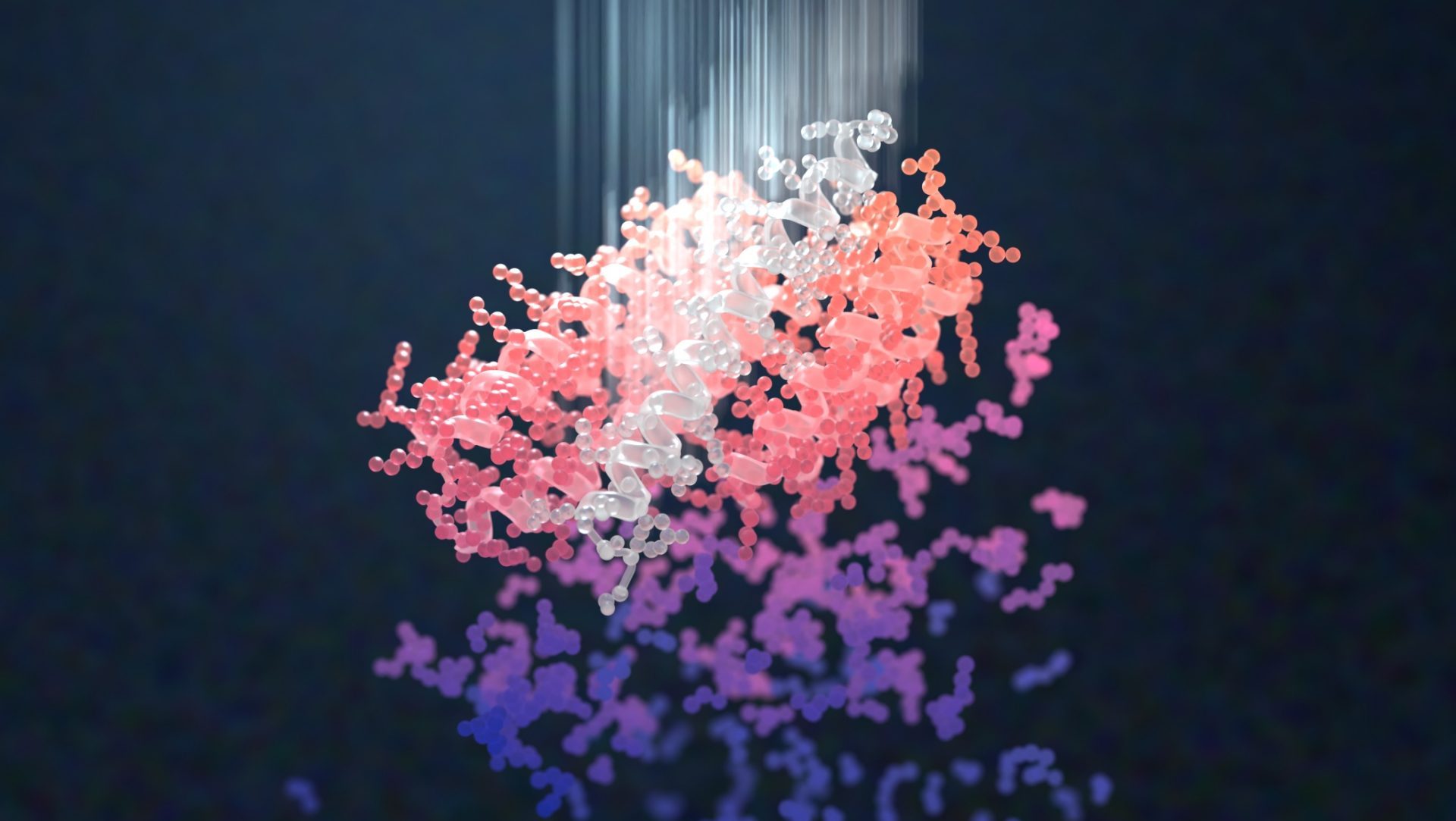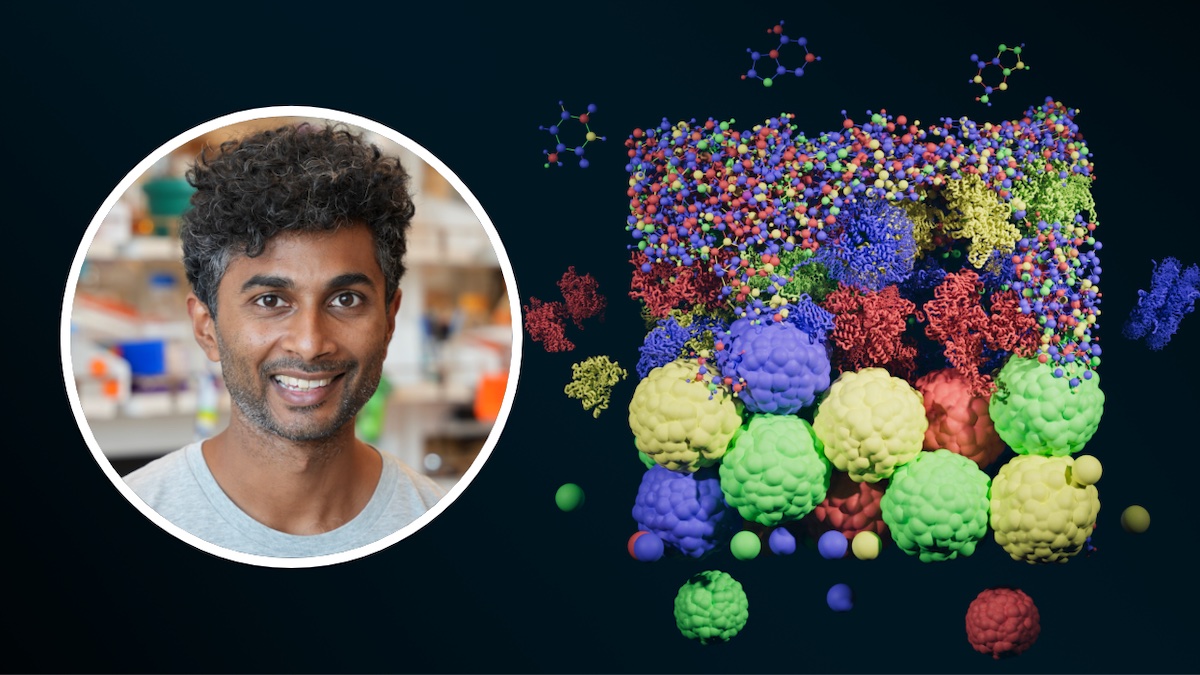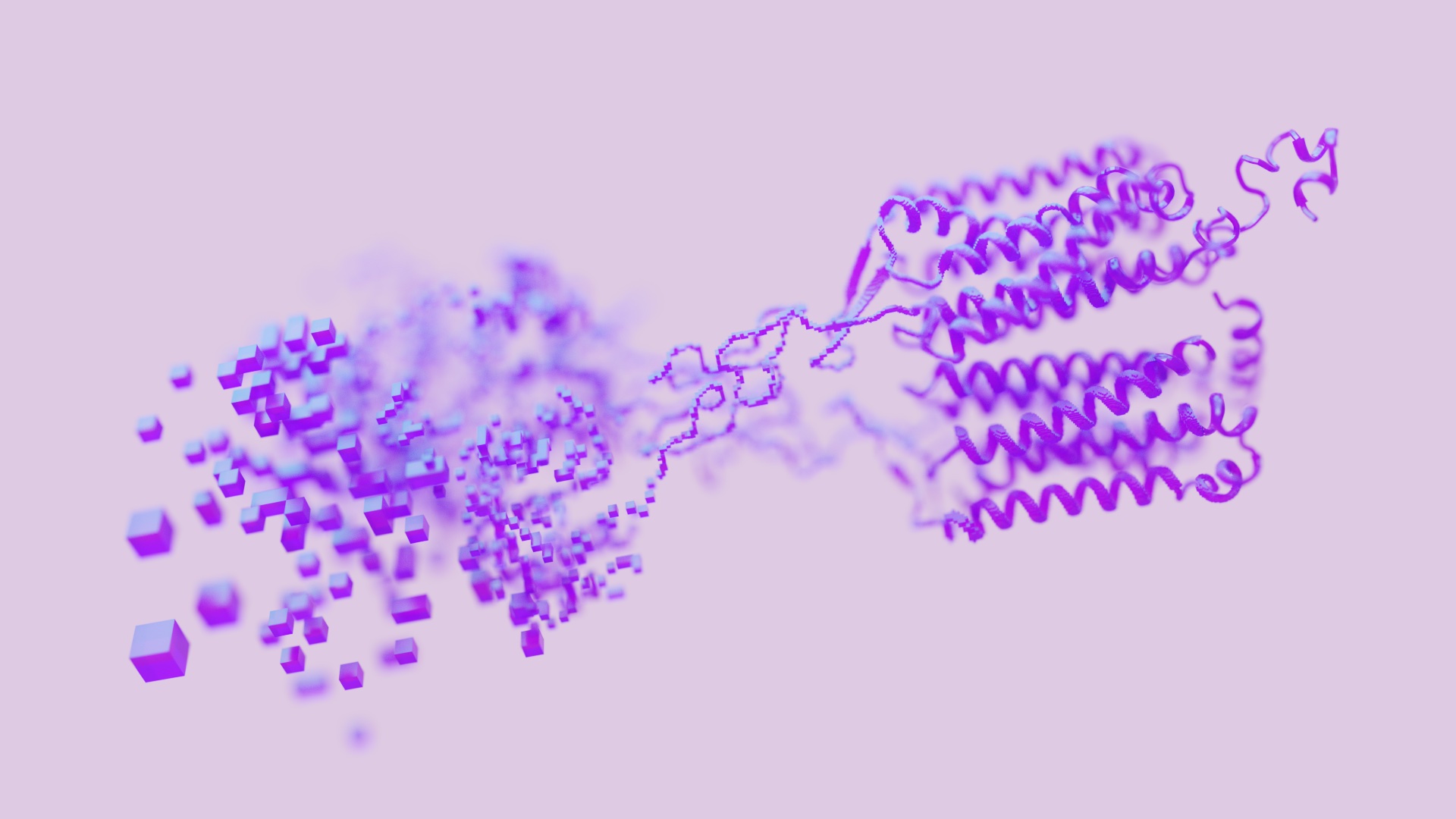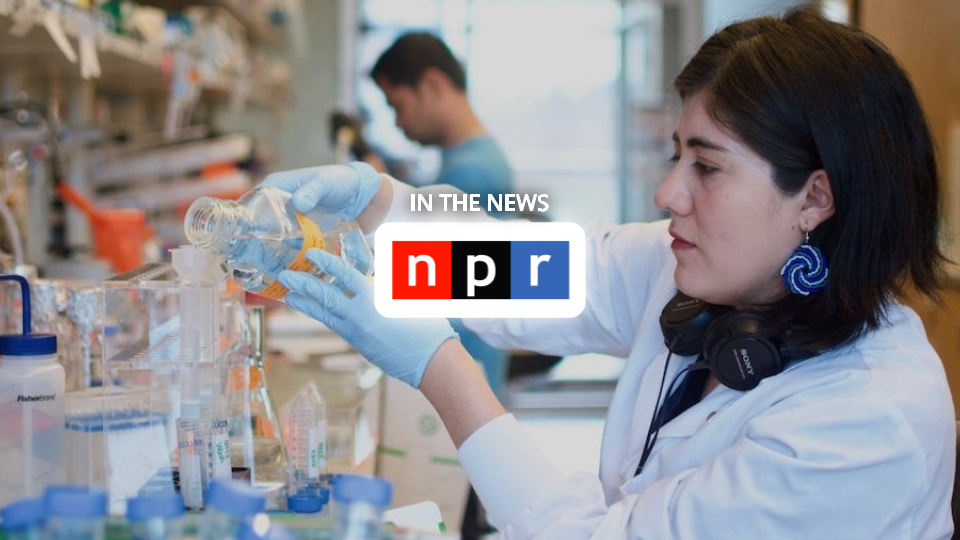Latest posts
-
Nature: “Seven technologies to watch in 2024”
AI-enabled protein design is a technology area you’ll want to keep an eye on, according to Nature. With massive training datasets and ever more sophisticated deep-learning approaches, tools like our own RFdiffusion All-Atom are opening the door to custom enzymes, advanced biomaterials, and more. From Nature: Deep learning for protein…
-
Nanopore designers receive first commercialization grant
With support from the Washington Research Foundation, this project aims to create custom protein nanopores that can be integrated into semiconductor devices, unlocking the first direct interface between biology and electronics for multi-omics applications.
-
AI generates proteins with exceptional binding strengths
This advance could allow scientists to create cheaper alternatives to antibodies for disease detection and treatment. This week we report in Nature an AI-enabled advance in biotechnology with implications for drug development, disease detection, and environmental monitoring. Using a combination of traditional and deep learning based molecular design approaches, we’ve…
-
A new path to carbon storage
Our research shows that custom proteins can drive the growth of limestone-like minerals, a breakthrough that may one day help remove excess carbon from the environment.
-
AstraZeneca to buy Icosavax for $1.1B
Today we learned that Icosavax, a Seattle-based vaccine design company born from innovative research conducted here at the Institute for Protein Design, will be acquired by AstraZeneca in a deal worth up to $1.1 billion. “This is a significant moment for the UW School of Medicine, showcasing how fundamental research…
-
Introducing the Srivatsan Lab
We’re excited to announce a new partnership: the Srivatsan Lab has been named an Affiliate Lab of the Institute for Protein Design. This new lab is at the forefront of leveraging protein design and molecular sequencing to uncover the intricate dance between cells and the genes that guide their function.…
-
Lynda Stuart Joins CEPI’s Scientific Advisory Committee
We are proud to announce that our Executive Director, Lynda Stuart, MD, PhD, has been appointed to the Scientific Advisory Committee (SAC) of the Coalition for Epidemic Preparedness Innovations (CEPI). CEPI, a key player in global health initiatives, has expanded its SAC with nine new experts, including Dr. Stuart, to…
-
Results from our summit on responsible AI
Convened on October 25, the meeting explored how to responsibly develop software for creating new proteins. The event included leading academics from around the world and representatives from several industry, philanthropic, and government organizations.
-
Introducing All-Atom versions of RoseTTAFold and RFdiffusion
Recent deep-learning breakthroughs allow us to look beyond just amino acids, expanding the types of proteins that can be modeled and designed using RoseTTAFold and RFdiffusion.
-
NPR: “Scientists are using AI to speed up discoveries”
NPR senior editor and correspondent Geoff Blumfiel recently visited our labs as part of his coverage of how artificial intelligence is accelerating scientific research.


